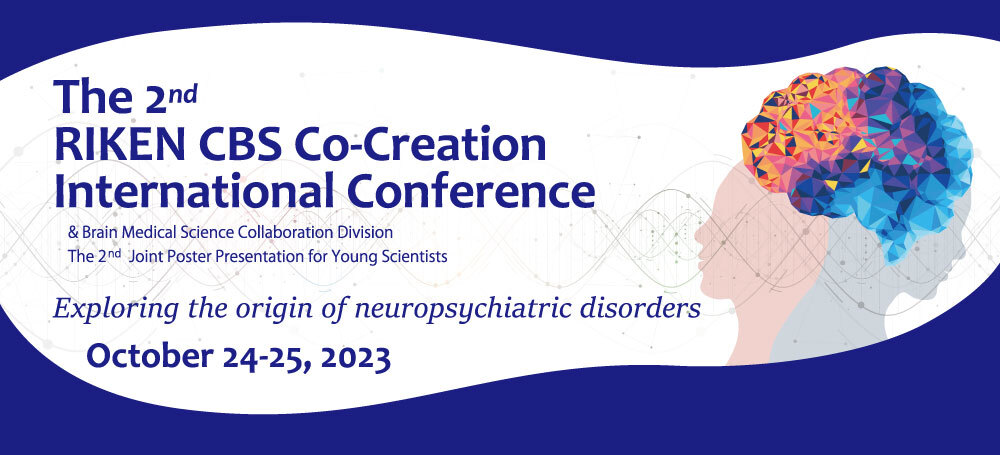

“The Context-Sensitive Brain: Understanding Neuropsychiatric Disorders through Pyramidal Neuron Dendrites”
Dr. Matthew Larkum CV
Humboldt University of Berlin
Abstract
Cognition hinges on the cerebral cortex's capacity for context-sensitive predictions, and depends to a large extent on the intrinsic computational prowess of pyramidal neurons that make up nearly 80% of all neurons in the cortex. Evidence from many neuroscience laboratories suggests that this prowess derives from complex interactions within pyramidal neurons' dendritic trees, which can be conceptualized as three main compartments. This compartmental view provides a new framework for understanding the innate computational power of the cortex. Here, we propose a hypothesis that various psychiatric disorders can be traced back to dendritic dysfunctions specific to these compartments. This multi-compartment approach not only uncovers the cortex's contextualizing abilities, but also offers a path to demystify and potentially address a plethora of neuropsychiatric conditions.
Biographical Sketch
Matthew Larkum began his career at Sydney University, and completed his PhD at the University of Bern under the supervision of Hans-Rudolf Lüscher. His academic journey was enriched by a six-year tenure as a post-doc in the laboratory of Nobel laureate Bert Sakmann, where he mastered rigorous electrophysiological and imaging techniques. As a trailblazer in the study of cortical neurons, Larkum's work has been driven by a unifying hypothesis that the cortex's remarkable cognitive power is fundamentally linked to its cellular-level associative mechanism. His work on active dendritic mechanisms has revealed that these neurons function as coincidence detectors, providing a potential organizing principle for the cerebral cortex. In his laboratories in Switzerland and Berlin, he pioneered the investigation into the computational capabilities of cortical pyramidal neurons and their role in cognition, learning, and memory. His groundbreaking in vivo experiments have tied the "moment of perception" to dendritic spike generation, and his recent work highlights the fundamental role of active dendritic properties in storing and consolidating semantic memory. Since 2011, as the Professor for Neuronal Plasticity at the Humboldt University of Berlin, Larkum has continued to illuminate the key operating principles of the mammalian cortex and explore the connection between neuronal computation and intelligence.



